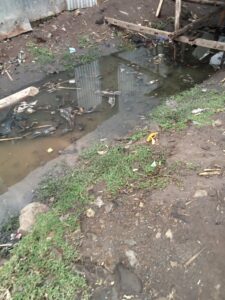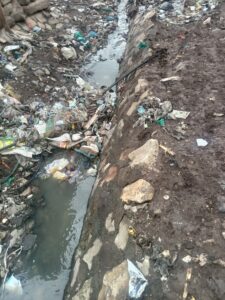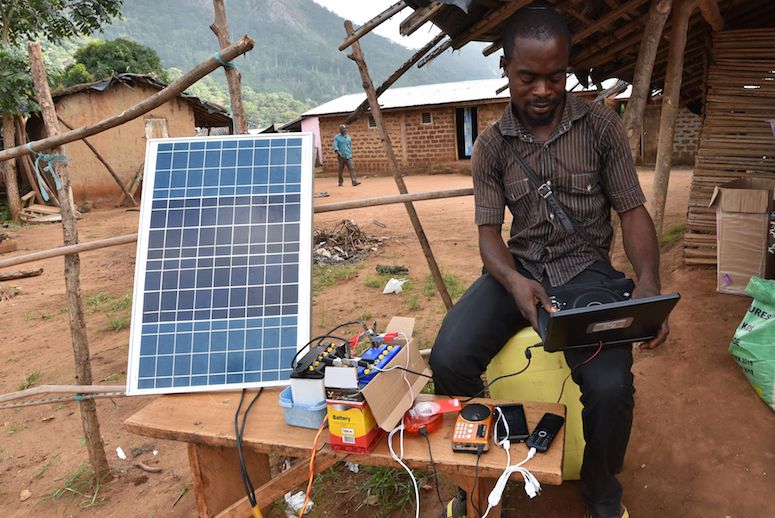FALSE: Photo does not show the drought situation in Embolioi, Kajiado County, in October 2022
Climate change has proven to cause dire consequences to the livelihood of humans. With the same humans being major contributors to factors causing climate change such as pollution, deforestation and other human activities, they are the ones swallowing the bitter pill of climate change. Human health is harmed through pollution of air and water, extreme weather conditions, forced displacement, diseases, increased hunger and poor nutrition due to climate change impacts.
The adverse effects are witnessed in the forgotten informal settlements. In this article, we shall focus on the Mukuru slums in Nairobi city. Recently in Kenya, with reports from the Metrological department earlier in September, there were predictions of heavy rains in many parts of the country from September 2023 to January 2024. The IGAD Climate Prediction and Applications Centre predicted that the country will experience intensified rains like those recorded in El Nino of 1997 and 2006.
Kenyans were warned of high intensity rainfall hence advised to take the necessary precautions. Cases of flooding, drowning and water-borne diseases are now a threat especially in these informal settlements. Poor drainage systems here in Mukuru have contributed to increased cases of water-borne diseases such as typhoid, diarrhea, cholera and malaria which is caused by the female anopheles’ mosquito due to presence of stagnant water, with several cases reported at the Ruben Health Centre.
Future Mukiri; a community champion at Ruben Centre, has witnessed several cases of the victims suffering from water borne diseases mostly diarrhea, “Most of the patients that have been reporting to this health clinic recently are suffering from typhoid and diarrhea due to interactions with contaminated water. You find that houseflies come from the sewered drainage systems and then end up landing on their uncovered food and drinking water, which ends up consumed by the victims.”
Blockage of the water trenches due to poor garbage disposal is a common issue here in Mukuru kwa Ruben area. After blocking, the water in the drainages stagnates becoming a mosquito- breeding pool leading to eruption of Malaria. Children also have been playing around and in the contaminated water and ingesting some of it.
Mama Kim, one of the residents complained of people poorly disposing their waste in drainage systems and the effects, “People dispose garbage and human waste in these drainages. First of all, it becomes visually unappealing to the environment, this is pollution. Our children while playing come into contact with this contaminated water which becomes a health hazard to cases of cholera.”
With part of River Ngong having its path in Mukuru area, most, if not all of these drainage systems are channeled to end up at the river. With these drainages all disposing their contents in the river, the river becomes polluted and silted as the drainages also carry soil. With the siltation, the depth of the river is reduced thus causing water overflow which in turn leads to flooding at the surrounding river bank areas where a number of people have settled.
To help reduce the intensity of the matter, all residents should take personal initiative to ensure proper disposal of their garbage and waste as well as take initiative of regular clean ups in the areas they live to prevent blockages and health hazards. The government should also take initiative of setting aside dump sites for the residents where after collection by residents it can be assembled as well as organize occasional clean ups. With the collaboration of all stakeholders in the society; residents and leaders in Mukuru, there is no doubt there will be a better, cleaner and healthier community.
Compiled by Caroline Waithira.








